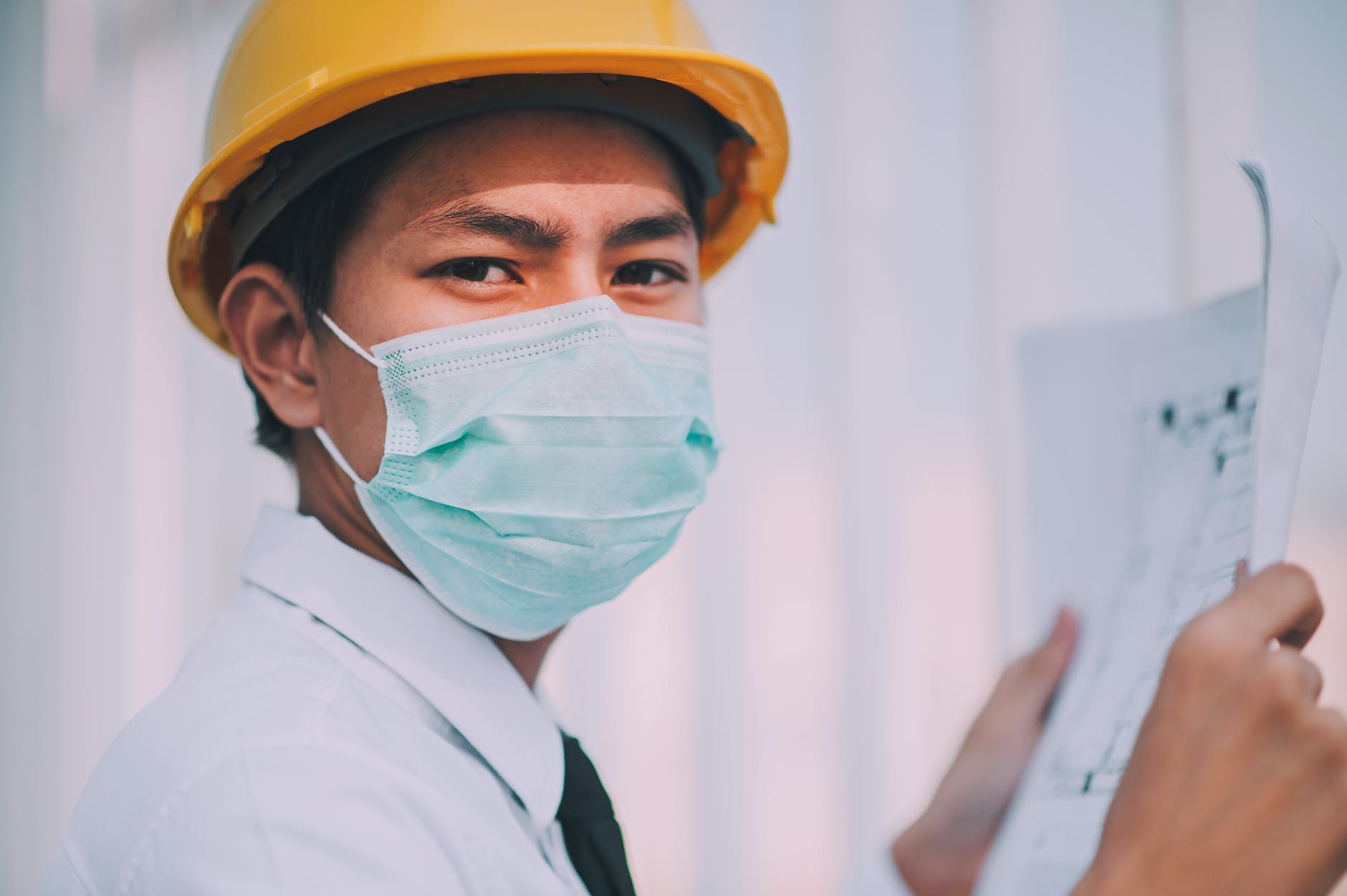
How To Become a Safety Supervisor
How To Become a Safety Supervisor : Safety in the workplace is paramount, and Safety Supervisors play a pivotal role in ensuring the well-being of employees. If you’re interested in pursuing a career in this field, you’re in the right place. In this comprehensive guide, we will outline the steps to become a Safety Supervisor, from educational requirements to job responsibilities and beyond.
Educational Requirements
Degrees and Certifications
To become a Safety Supervisor, you’ll typically need a strong educational foundation. A bachelor’s degree in occupational health and safety, environmental science, or a related field is often a prerequisite. Additionally, pursuing relevant certifications, such as Certified Safety Professional (CSP) or Certified Industrial Hygienist (CIH), can significantly enhance your qualifications.
Gaining Relevant Experience
Internships and Entry-Level Positions
Academic knowledge is essential, but hands-on experience is equally crucial. Look for internships or entry-level positions in companies or organizations where safety is a priority. These opportunities will provide you with practical insights and the chance to apply your classroom learning to real-world situations.
Developing Essential Skills
Communication and Leadership Skills
Safety Supervisors need to communicate effectively with employees and management. Developing strong communication and leadership skills is vital to convey safety protocols, enforce compliance, and build a safety-conscious culture.
Knowledge of Safety Regulations and Standards
A deep understanding of safety regulations and standards, such as OSHA guidelines, is fundamental. Staying up-to-date with the latest industry-specific safety measures will be an ongoing part of your role.
Networking and Professional Development
Joining Safety-Related Organizations
Joining professional organizations related to safety, such as the American Society of Safety Professionals (ASSP), can offer valuable networking opportunities and access to resources that keep you informed about industry trends and best practices.
Attending Conferences and Workshops
Attending safety-related conferences and workshops is an excellent way to expand your knowledge and connect with industry experts. Many organizations hold annual events that bring together safety professionals.
Job Search and Application
Once you’ve acquired the necessary qualifications and experience, it’s time to start your job search. Tailor your resume to highlight your education, certifications, and relevant experience. Use online job boards, company websites, and networking to find Safety Supervisor positions.
Interview Preparation
Common Interview Questions
Prepare for common interview questions like, “How would you handle a safety incident?” and “What steps would you take to promote safety in the workplace?” Use these questions as an opportunity to showcase your qualifications and problem-solving skills.
On-the-Job Responsibilities
Promoting a Safe Work Environment
As a Safety Supervisor, your primary responsibility is to create and maintain a safe working environment. This involves conducting safety audits, implementing safety protocols, and ensuring employees adhere to safety guidelines.
Career Advancement
Further Education and Specialization
Safety Supervisors can pursue further education, such as master’s degrees or specialized certifications, to advance their careers. Specialization in areas like construction safety, industrial hygiene, or environmental safety can open up new opportunities.
Salary and Job Outlook
Safety Supervisors typically enjoy competitive salaries, with the potential for growth over time. The demand for Safety Supervisors remains steady, especially in industries with a high focus on safety, such as construction, manufacturing, and healthcare.
Challenges in the Role
Handling Safety Incidents
Safety Supervisors must be prepared to handle safety incidents effectively. This includes investigating accidents, implementing corrective actions, and preventing similar incidents in the future.
Balancing Enforcement and Employee Relations
Finding the right balance between enforcing safety regulations and maintaining positive employee relations can be challenging. Effective communication and a fair approach are key to success.
Conclusion
In conclusion, becoming a Safety Supervisor is a rewarding career path for individuals passionate about creating safe and healthy workplaces. It requires a combination of education, experience, and ongoing professional development. As a Safety Supervisor, you have the power to make a positive impact on the lives of your colleagues.
How To Become a Safety Watcher
How To Become Safety Technician
What Qualifications Are Required for a Safety Officer in the UAE?
How to Become an Industrial Safety Officer
FAQs
- What qualifications are needed to become a Safety Supervisor?
- A bachelor’s degree in a related field and relevant certifications are typically required.
- How much can a Safety Supervisor expect to earn?
- Salaries vary but can be competitive, with potential for growth over time.
- Are there any specific industries that demand Safety Supervisors?
- Industries with a strong emphasis on safety, such as construction and manufacturing, often require Safety Supervisors.
- What is the typical work environment for a Safety Supervisor?
- Safety Supervisors can work in various settings, including offices, construction sites, and manufacturing facilities.
- How do I stay up-to-date with safety regulations?
- Joining professional organizations and attending conferences and workshops can help you stay informed about the latest safety regulations and best practices.
In this guide, we’ve covered the essential steps to become a Safety Supervisor, and we hope it has provided valuable insights to help you embark on this fulfilling career path. Remember, safety is everyone’s responsibility, and as a Safety Supervisor, you’ll play a crucial role in making workplaces safer for all.